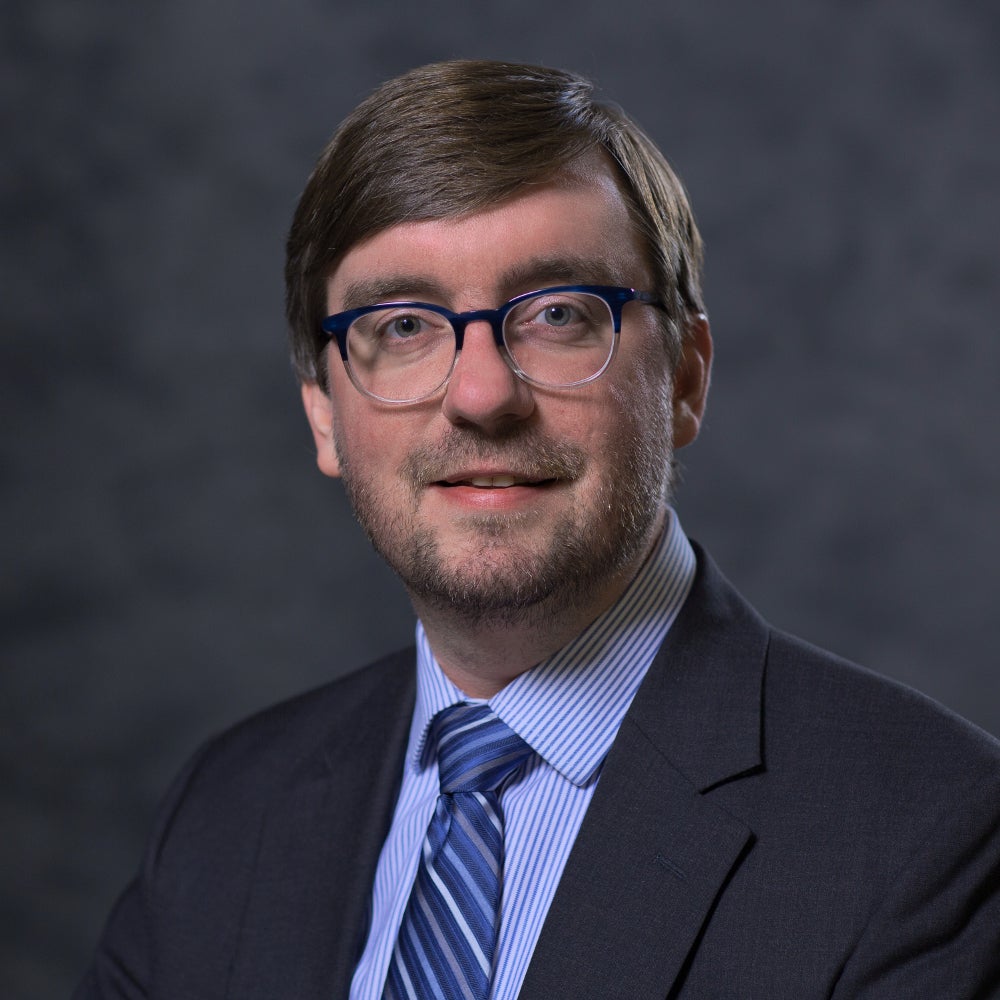
About
Dr. Forth received his Ph.D. in physics from Cornell University in 2009, where his doctoral work in the HHMI lab of Dr. Michelle Wang involved designing next-generation optical trapping instruments and monitoring the torsional response of DNA to twisting and stretching. Dr. Forth then pursued post-doctoral research with Dr. Tarun Kapoor in the Laboratory of Chemistry and Cell Biology at the Rockefeller University in New York City, where he focused on applying biophysical methods to the study of microtubule networks that essential for successful cell division. While at Rockefeller, Dr. Forth received the Ruth Kirschstein National Research Service Award from the National Institute of General Medical Sciences. Dr. Forth joined the faculty of the Department of Biological Sciences at Rensselaer Polytechnic Institute as an Assistant Professor in August of 2016. His lab has received the 2021 Early Career Faculty Research Award from the School of Science at RPI, the 2023 Biophysical Society Early Career Award for the Motility and Cytoskeleton Subgroup. He is the recipient of multiple active grants, including an NSF award and an R01 from the NIGMS.
Ph.D. Cornell University, 2009 - Physics
B.S. Oberlin College, 2002 - Physics
B.M. Oberlin College, 2002 - Music Performance
Postdoctoral Research & Training
Postdoctoral Fellow, Rockefeller University, 2010-2016 - Chemistry and Cell Biology
Research
Cells utilize dynamic biopolymer networks to carry out mechanical tasks during diverse processes such as cell division, migration, and development. Disruptions in the integrity of these networks have been linked to disease, and chemical compounds that target biopolymers such as microtubules have been used extensively as therapeutics in the treatment of disease. Single molecule biophysical studies of proteins and DNA have yielded insights into the function of individual components required for these processes. However, intracellular networks are organized on the micron-scale by the collective action of ensembles of dozens of such proteins. It is currently unclear how long-range mechanical cues are transmitted or how diverse nanometer-scale ‘building blocks’ are organized within the micron-scale structures that do work in cells.
The Forth lab combines biophysical techniques, such as optical trapping and total internal reflection fluorescence microscopy, to understand how forces are transmitted across these networks. By reconstituting functionally active microtubule networks out of purified components and monitoring how the system behaves under biologically relevant mechanical constraints, we seek to elucidate the mechanisms that drive successful cell division, neuronal development, and cell migration.
Biophysics, Mechanics of Cell Division, Neuronal cytoskeleton, Single Molecule Methods
Teaching
By appointment
BIOL 4260/6260 - Advanced Cell Biology
This course is designed to be an upper-level undergraduate and early-graduate analysis of cell biology and the methods developed to study cellular processes. Topics covered include: gene regulation and expression, protein translation and localization, protein processing, cell compartmentation, vesicular transport, cell signaling, cytoskeleton and motor protein function, cell motility, cell-cell and cell-ECM adhesion, stem cells, and technological advances in our understanding of cell function.
Students enrolled at the 6000 level are tasked with presenting a recent scientific journal article to the class, as well as presenting an additional short lecture on a technological methodology used by cell biologists to image or otherwise study biological processes. All students present on the cell biological underpinnings of disease in small groups. Students enrolled at the 4000 level are assigned a ‘creative’ presentation that could involve animation, video production, or interactive experience within the class. The objective of these assignments is to supplement traditional ‘textbook’ material delivered in the form of visual-rich lectures with presentation of state-of-the-art scientific research and in-class participation to make cell biology feel current, accessible, and exciting.
BIOL 6960 - Current Topics in Cytoskeletal Research
Developed in collaboration with Dr. Marvin Bentley, this is a seminar style course for graduate and undergraduate students interested in current cytoskeletal research. This course provides an in-depth study of current papers within the broad field of cytoskeletal research. Students read and critique primary papers, present current research articles, and lead critical discussions. The goal of this course is for students learn to analyze and present a primary paper and critically evaluate experiments.
By appointment
Recognition
2011-2013 National Research Service Award, National Institute of Health – postdoctoral – F32
2017 Rensselaer School of Science Outstanding Teacher Award
2021 Rensselaer School of Science Early Career Research Award
2023 Biophysical Society Early Career Award - Motility and Cytoskeleton Subgroup
Publications
The following is a selection of recent publications in Scopus. Scott Forth has 27 indexed publications in the subjects of Medicine, Biochemistry, Genetics and Molecular Biology, Biochemistry, Genetics and Molecular Biology.